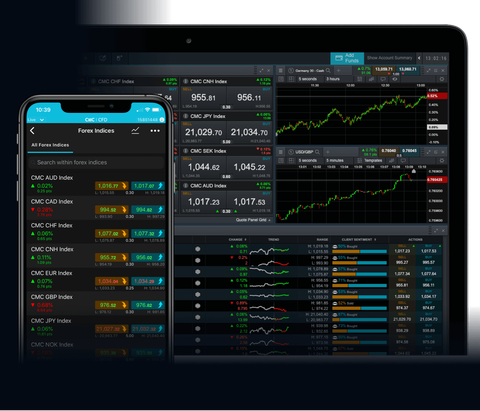Introduction
In the world of Forex trading, maintaining a trading journal is a critical practice that can significantly impact your success. A trading journal is more than a record of transactions; it’s a tool for self-analysis, strategy improvement, and emotional regulation. This article explores the numerous benefits of keeping a Forex trading journal.
Understanding the Role of a Trading Journal
A Mirror to Your Trading Habits
A trading journal offers an objective overview of your trading activities, providing insights into your habits, strategies, and results. It’s a means to track your progress, identify your strengths and weaknesses, and refine your trading approach.
Key Benefits of Maintaining a Trading Journal
1. Performance Analysis
Tracking Your Progress
Recording your trades allows you to analyze your performance over time. This analysis can highlight profitable patterns and strategies, as well as areas where you may be consistently making mistakes.
2. Strategy Refinement
Honing Your Trading Approach
By reviewing your journal, you can identify which strategies work best in different market conditions. This information is invaluable for refining your trading methods and improving your decision-making process.
3. Emotional Management
Understanding Psychological Patterns
Trading is as much about psychology as it is about strategy. A journal can reveal emotional patterns, such as tendencies to overtrade or make decisions based on fear or greed, helping you to develop better emotional control.
How to Effectively Keep a Trading Journal
1. Recording Essential Information
What to Include
For each trade, record the date, instrument, entry and exit points, trade size, stop loss and take profit levels, the rationale behind the trade, and its outcome. Also, note the prevailing market conditions.
2. Regular Review Sessions
Learning from Your Journal
Set aside time regularly to review your journal. Look for patterns in your trading, both positive and negative, and consider how you can apply these insights to future trades.
3. Including Emotional Reflections
Noting Your Feelings
Document your emotional state for each trade. Were you confident, anxious, or undecided? Over time, you may notice emotional trends that correlate with successful or unsuccessful trades.
4. Using the Journal for Planning
Preparing Future Trades
Your journal can be a tool for planning future trades. Use it to refine your criteria for trade entry and exit, and to develop rules that can help guide your future trading decisions.
The Impact of a Trading Journal on Long-Term Success
A Tool for Continuous Improvement
Over time, your trading journal becomes a comprehensive record of your trading journey. It allows you to measure your growth and development as a trader, showing not just where you have been, but also helping guide where you are going.
Conclusion
Keeping a Forex trading journal is a fundamental practice for any serious trader. It offers a clear view of your trading history, helps refine your strategies, manages emotional responses, and guides future decisions. A well-maintained trading journal is a powerful tool for self-improvement and a key component in the pursuit of trading excellence. Remember, the quality of your trading journal reflects the commitment to your trading career.

